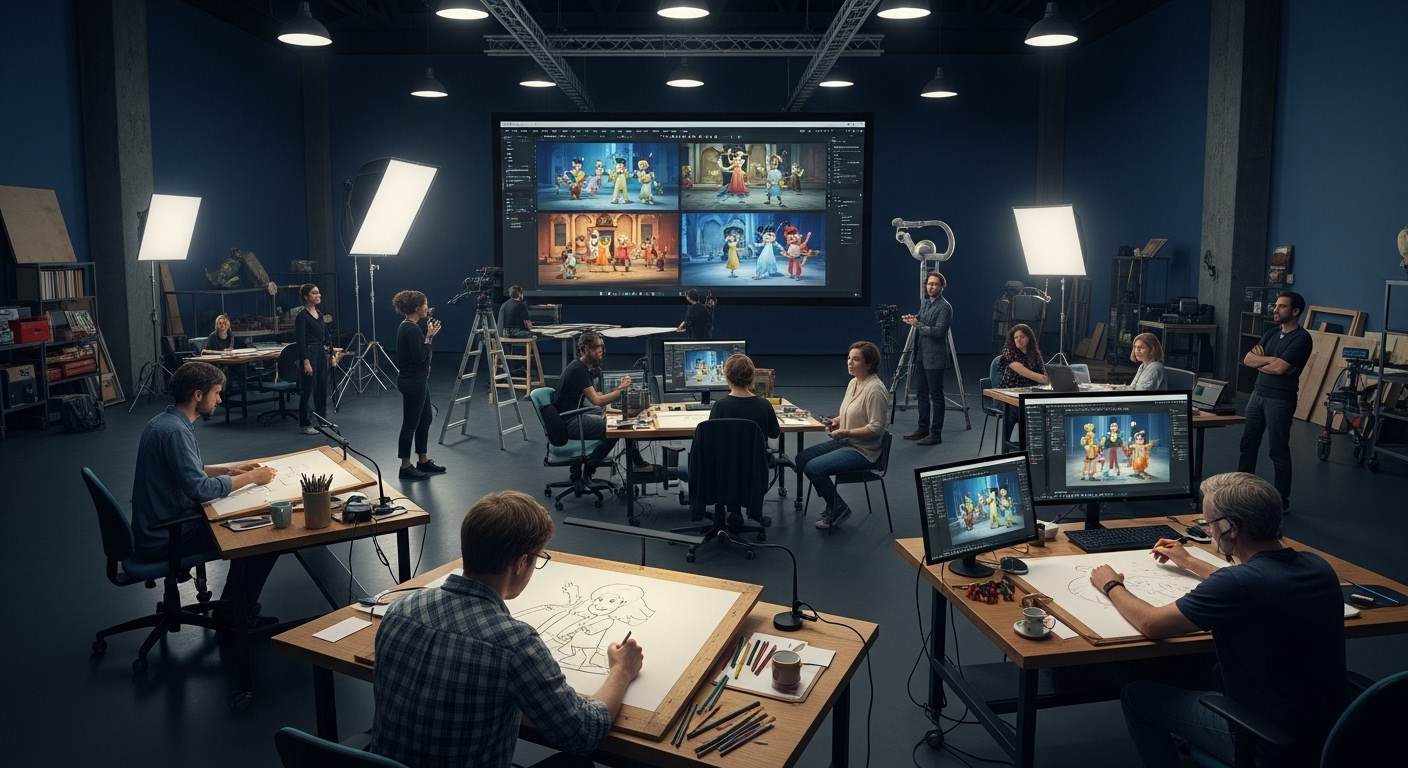Indie Studios Redefine Gaming's Frontier
Gaming's landscape is shifting, with indie developers at the helm of a creative revolution. These small teams, armed with passion and innovation, are reshaping player expectations and industry norms. From pixel art masterpieces to groundbreaking narratives, indie games are no longer underdogs but trailblazers setting new standards for interactive entertainment.

Historically, game development was the domain of large studios with substantial resources. However, the advent of accessible game engines like Unity and Unreal Engine has leveled the playing field. These tools allow small teams or even solo developers to create polished, professional-quality games without the need for massive budgets or extensive technical expertise.
Digital Platforms and Indie Success
Digital storefronts have played a crucial role in the indie game revolution. Platforms like Steam, itch.io, and console-specific marketplaces have provided indie developers with direct access to global audiences. This disintermediation has allowed for greater creative freedom and financial independence, as developers can now bypass traditional publishing models.
The success stories emerging from these platforms are numerous and inspiring. Games like Stardew Valley, Hollow Knight, and Undertale have not only achieved commercial success but have also garnered critical acclaim and cult followings. These titles demonstrate that innovative gameplay, unique art styles, and compelling narratives can compete with AAA productions on a global scale.
Pushing Creative Boundaries
One of the most significant contributions of indie games to the industry is their willingness to take risks and explore unconventional ideas. Freed from the constraints of shareholder expectations and market trends, indie developers can pursue passion projects that push the boundaries of what games can be.
This creative freedom has resulted in a diverse array of experiences that challenge traditional genre classifications. Games like Papers, Please and This War of Mine tackle complex social and political themes, while titles like Baba Is You and The Witness redefine puzzle gameplay. These innovations not only enrich the gaming landscape but also influence larger studios, encouraging more experimentation across the industry.
Community and Collaboration
The indie game community is characterized by a spirit of collaboration and mutual support. Developers often share knowledge, resources, and encouragement through online forums, game jams, and indie-focused events. This collaborative environment has fostered a culture of rapid iteration and shared learning, accelerating the pace of innovation within the indie space.
Players, too, have become more involved in the development process. Crowdfunding platforms like Kickstarter have allowed developers to gauge interest and secure funding directly from their audience. Early access programs enable players to provide feedback and shape games during development, creating a more engaged and invested community.
Challenges and Future Prospects
Despite their successes, indie developers face significant challenges. Market saturation is a growing concern, with thousands of new games released each year competing for player attention. Discoverability remains a critical issue, as smaller studios often lack the marketing resources to cut through the noise.
Financial sustainability is another ongoing challenge. While some indie games achieve remarkable success, many developers struggle to recoup their investments or sustain long-term careers. The industry is exploring new models, such as subscription services and platform exclusivity deals, which may offer additional revenue streams for indie creators.
Looking ahead, the future of indie gaming appears bright. Emerging technologies like virtual and augmented reality present new frontiers for indie innovation. The increasing cultural significance of games as an art form also opens doors for more experimental and thought-provoking indie projects.
As the lines between indie and mainstream continue to blur, the impact of independent developers on the gaming industry is undeniable. By championing creativity, taking risks, and fostering close connections with players, indie studios are not just participating in gaming’s evolution—they’re leading it. The indie spirit of innovation and authenticity is reshaping expectations, inspiring bigger studios, and ultimately enriching the entire gaming ecosystem.




